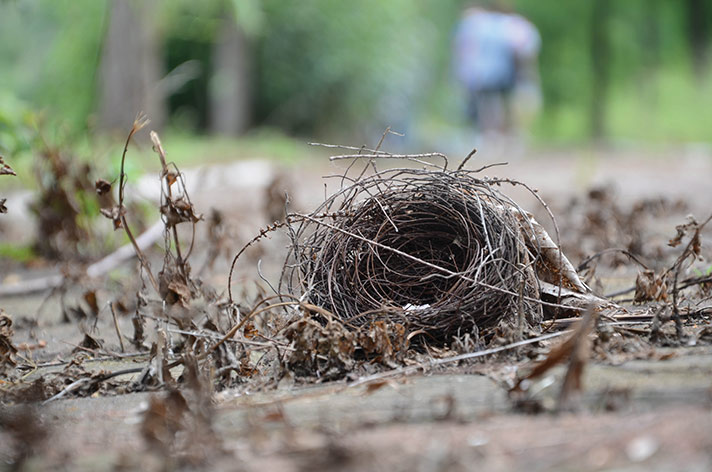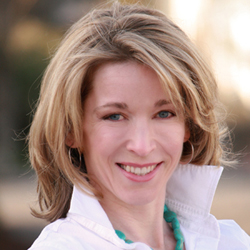Soul Matters – September 2022
This summer has been a particularly fecund one for birds in my world. We’ve been surrounded by nests of blue jays, robins, and spotted towhees (which I call grackles—I can’t tell you why, but I like the name quite a lot). The bird babies are fledging now, which is a perfect, metaphorical mirror of my life.
This morning, my daughter flew away: off for a week on a scholarship to the National Flight Academy. It’s the first time she’s traveled alone and there will be no cell phone contact. Both my birds are now quite well-feathered and venturing out farther and farther afield which is, of course, exactly and perfectly as it should be—and I hate it.
Don’t get me wrong: I’m delighted for them and proud that they are truly good humans who are kind and thoughtful and smart. I’m thrilled that they have passions that they’re pursuing (one in filmmaking, the other in illustration and aviation). I want them to explore the world, to have adventures and expand in every way. What I hate is that this means that they will leave. As they should. As they must. And that means that my world, my nest—the one I built and have inhabited joyfully, entirely, and completely—is tilting on its axis and things are shifting and falling apart.
And, as it happens, other things in my life—big things—have decided to fall apart at the same time. (Funny how that happens.) It’s all one, big, fat, lesson in letting go. And, like the labors that brought my little birds into the world, it’s beyond my control. All I can do is surrender and breathe. I realize things have to change or nothing new could ever grow—me included. But knowing this doesn’t make the process any less messy and painful.
We all face multiple, major transitions throughout our lives, times when our identities dissolve and we have to re-form and become someone new. The transitions can be delightful, or they can be wrenching. Sometimes, they are both. But regardless of nature, all transitions are comprised of a death and a birth, and neither of these things is ever easy, tidy, or predictable.
This is not good news for the ego: the small, human self that hates change, hates uncertainty. It’s the self that feels sad, scared, and resistant. It wants guarantees and has no capacity to imagine anything other than what it’s known, so the unknown is always terrifying. But there is another part, a bigger, wiser Self, that knows change is natural, necessary, even desirable. It’s the part that says, “deep down, I know it will all be fine.”
Both of these selves—the small self and the larger Self—dwell inside of us. I’ve learned that it’s not about trying to ignore or get rid of the small self: It’s about embracing both selves. It’s about feeling it all, listening to the small self with compassion, and then tuning into that Larger Self that knows that everything is okay, even when it’s hard, even when it hurts.
The I Ching—the famous Chinese Book of Changes—says, “When the way comes to an end, change. Having changed, pass through.” Being aware of both voices is the key to traversing change with self-compassion and grace. It’s the key to realizing that you are so much more than that small voice. Allowing the thoughts and the feelings and then listening, patiently, for the calm, wise voice of your large Self is what gets you through.
In the end, it’s not about “doing” anything: it’s about allowing everything. And having gratitude for it all.
Kate Ingram, MA, CSBC, is a mother of two beautiful birds, a quirky Havanese, and a love-junkie English Cream Golden Retriever. She’s also an award-winning author, counselor, coach and spiritual mentor specializing in major life transitions. Find out more at kintsugicoaching.com or write kate@kintsugicoaching.com. See ad this page.

 KATE INGRAM, M.A., is a counselor, soul coach and author. Her first book, Washing the Bones: A Memoir of Love, Loss, and Transformation about her journey through grief and depression to spiritual awakening, was awarded a 2014 Nautilus Silver Medal and a 2014 Indie Book Award. To receive free monthly inspiration or to find out more about her work, please visit
KATE INGRAM, M.A., is a counselor, soul coach and author. Her first book, Washing the Bones: A Memoir of Love, Loss, and Transformation about her journey through grief and depression to spiritual awakening, was awarded a 2014 Nautilus Silver Medal and a 2014 Indie Book Award. To receive free monthly inspiration or to find out more about her work, please visit